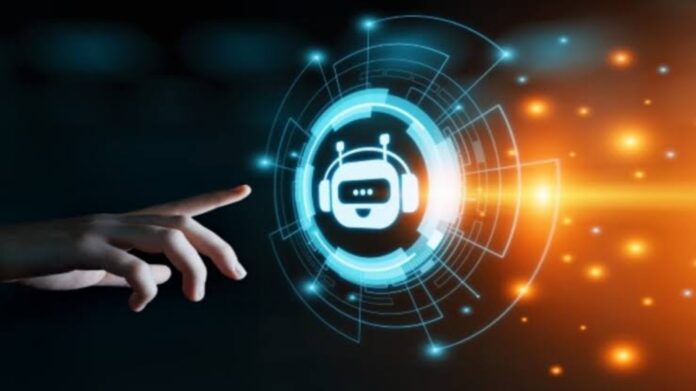IVA is expected to grow at an annual growth rate of 70% in 2022
What is an Intelligent Virtual Agent?
An Intelligent Virtual Agent is an Artificial Intelligence system that emulates human interaction to perform specific tasks, in particular customer service. The system operates on three key elements: the capacity for learning, reasoning, and understanding.
When a person visits the website and a chatbox shows up in the side asking if it can help you, it’s a chatbot that is operated by AI to answer basic routine queries. Chatbots are already designed for answers, whereas IVA responds to basic customer queries by understanding language and speech.
Some companies that use IVA for customer service approach:
KhUshi, an app developed by IIT Madras, incubated by Uniphore, an IVR business for PNB MetLife. KhUshi is India’s first AI-powered customer support software and communication recognition capabilities offer instant human-like contact assistance to its insurance customers. Uniphore offers an automation framework where digital agents handle human transactional interactions, train agents during calls, and reliably predict vocabulary, feelings, and intent. However, as a result of the Covid-19 pandemic and the downturn in industry and economy, the year 2020 is not a very exciting year for IVA growth.
Impacts of using IVA in organizations:
All they want is a quick response whenever they approach the service agent. Agents can be maxed out to respond to a flow of inbound requests, requiring incoming customer calls or chats to be placed in a queue. As the queue grows, the waiting time grows to make customers quit the service. This simply indicates frustration, poor experience, and a potential loss of business.
To cope with the increasing problems in the customer service IVA could be deployed. IVA does not provide any assurance that it will be able to deal with all the problems and sort out customer queries. Even after a customer gets through to an agent after dealing with all the redirects and holding time, it is unlikely that they will get an accurate answer to their questions. The prediction shows that 40% of the answers given to customers by employees were either incorrect or incomplete.
This influences the overall process of customer care. It is difficult for agents to prepare and promote reliable and correct responses. Using both virtual agents and chatbots would give the business a chance to do regular work and react. Digital agents attend to inquiries and simplify fundamental workflows whilst chatbots adapt to more complicated issues.
As tech leaders have continuously found out, AI and its technologies do not replace humans. This might drive people to invest their time in more revenue-generating businesses. The same refers to IVA and customer support agents. When IVA and chatbots fill an agent’s void, they will work on a more important job and grow the business.
The efficiency of the agent would also increase if they are less pressurized due to surplus jobs.

